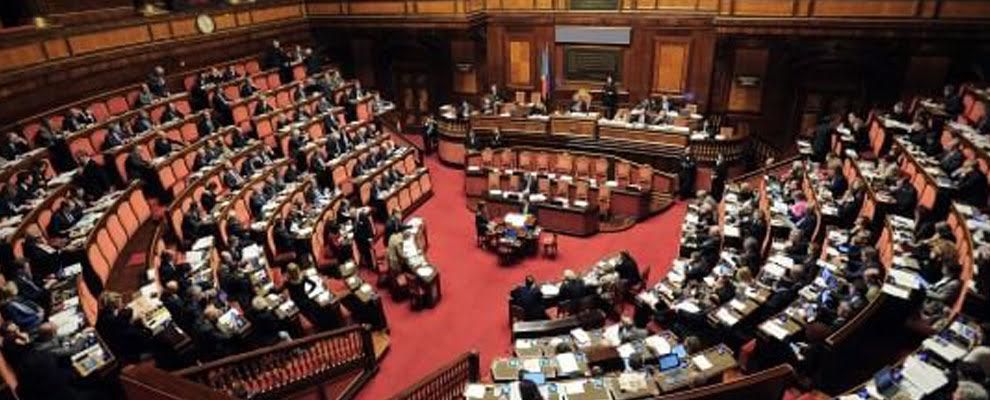Design is a thought activity: we should not replace it with a mere “optimizing” approach, because it’s from imperfections that talent emerges.

For the European Union the fight against corruption is a process open to the participation of citizens.Transparency and accessibility are the values on which inclusion initiatives are based and an opportunity to improve the general perception on the issue. At the European level and the individual member country. To do this, effective government actions are indispensable.
In this framework, an important legislative adjustment has been made in Italy, in May, with the approval of a draft anti-corruption law that, among other things, re-introduces the crime of false accounting: it is a choice of clear cultural and communicative relevance, that sends a message more clearly and decisively against tax evasion, corruption and money laundering practices.
For Italy, which has always been interested by strong corruptive phenomena, it is an important turning point, also greeted favorably by the Italian Chapter of TI. Among the most positive items, the 5 year-increased negotiation ban with the PA for corrupt and the obligation of restitution of stolen goods in the case of a plea bargain.
The bill made in Italy fits consistently in the legislative prospective of other Member States. Looking beyond the English Channel, a new anti-corruption plan was approved in England in December 2014, which aims to raise awareness and involve citizens to stem corruption. Denmark, according to the Corruption Perceptions Index 2014, ranks first in terms of perceived honesty, thanks to a policy of a rigid exercise of laws to protect civil society. A right legislation and a redefinition of civic sense, these are the strengths of Europe in the fight against corruption.